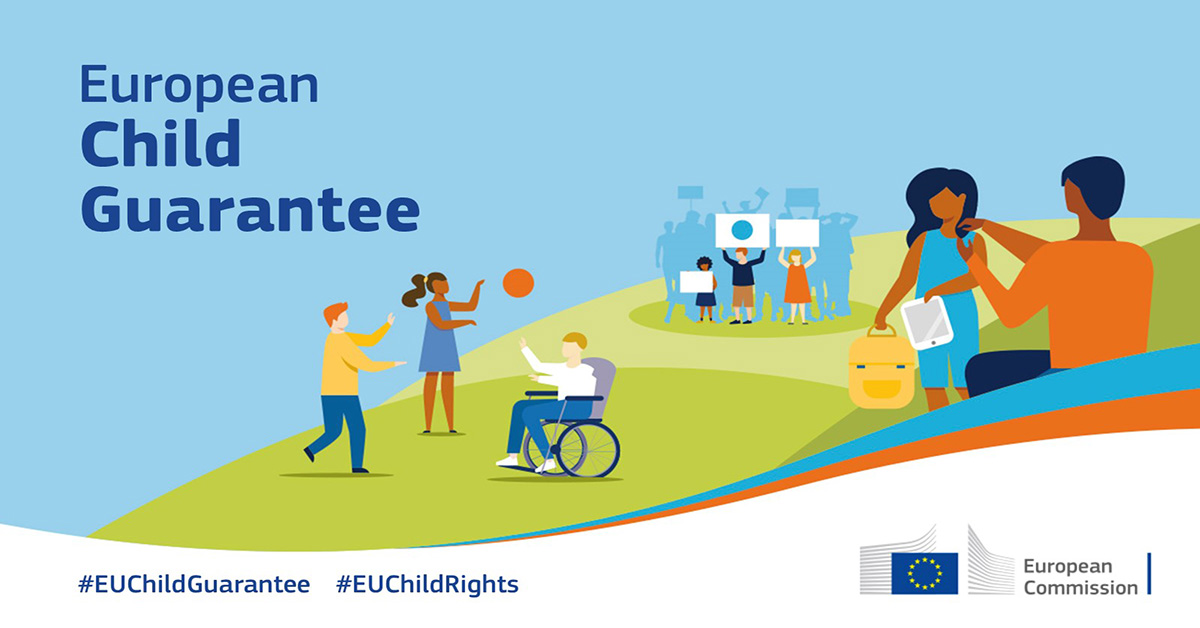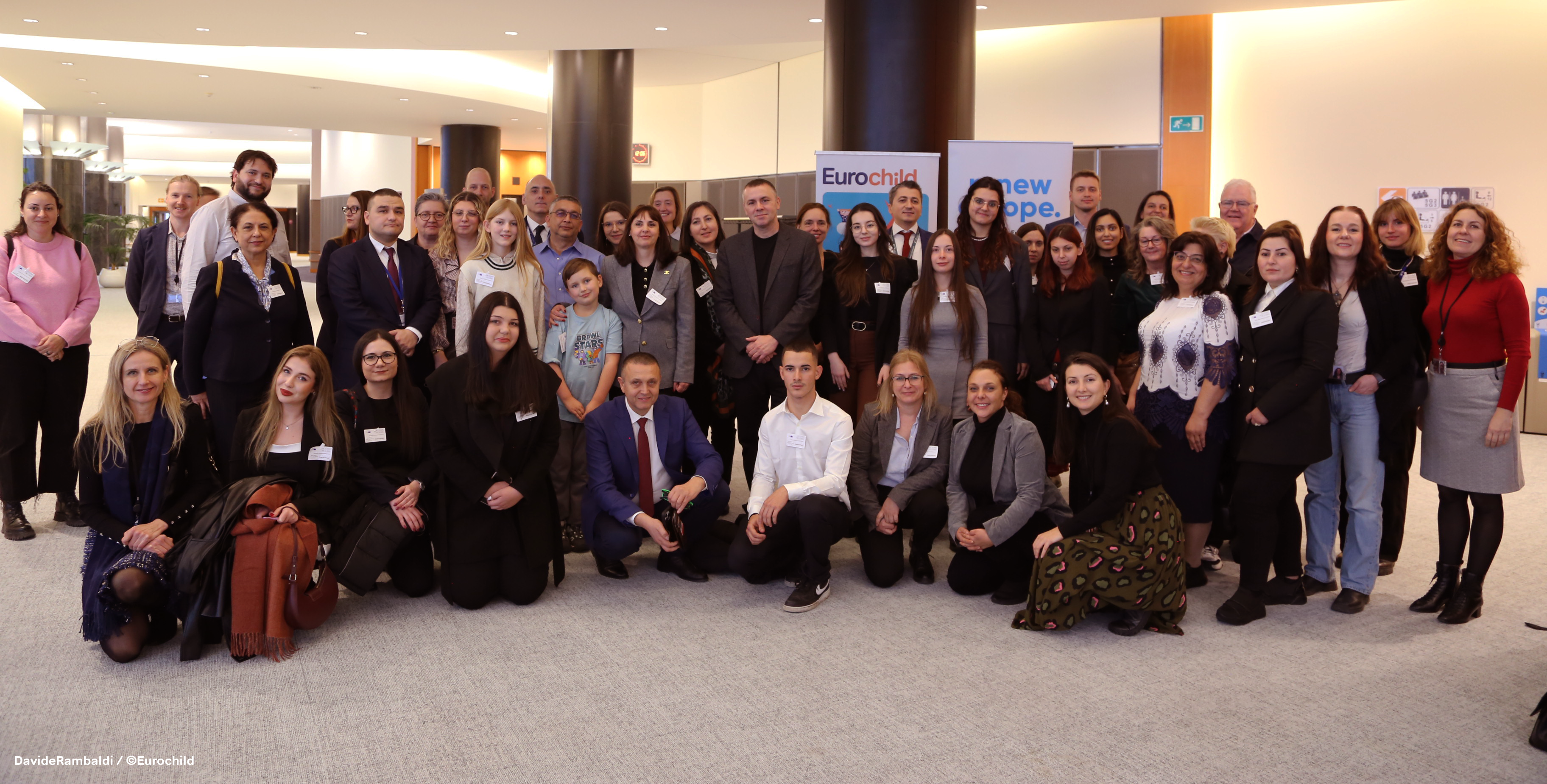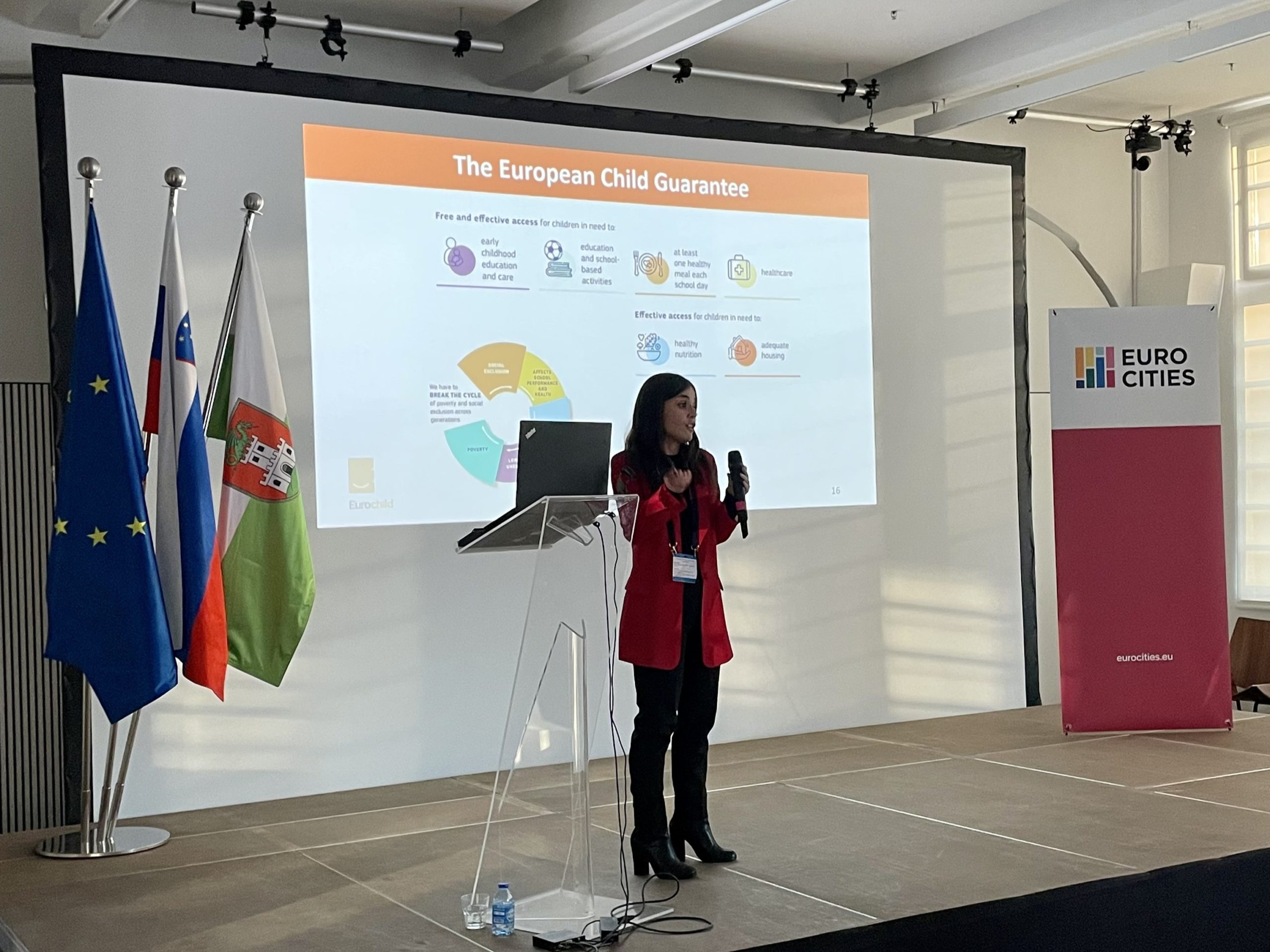Assessing progress: the biennial reports on the implementation of the European Child Guarantee
Three years after the adoption of the European Child Guarantee, Member States are releasing the first reports on its implementation. Eurochild looks forward to reading them and sharing our findings.
As advocated by Eurochild and other civil society organisations, on 24 March 2021, the European Commission published a proposal for Council Recommendation establishing a European Child Guarantee, which the Council adopted on 14 June 2021. The Guarantee aims to tackle poverty and social exclusion by ensuring access to key services for children in need across the EU. To implement the Recommendation, Member States have appointed their Child Guarantee Coordinators and have prepared National Action Plans, covering the period until 2030. Eurochild has analysed all National Action Plans and provided relevant recommendations based on the experience of our members.
The Child Guarantee set up specific monitoring mechanisms and frameworks at both the EU and national levels. As outlined in paragraph 11, point (f) of the Recommendation establishing the Child Guarantee, Member States are expected to adopt biennial reports on its implementation. These reports mark a crucial milestone, offering an overview of the progress made. They shed light on contextual factors, target groups, and the rollout of services. The reports go beyond mere documentation of activities; they delve into indicators and funding details and draw insights and conclusions from the implementation process.
These reports are based on a monitoring framework introduced by the European Commission in January 2024, a crucial tool for tracking progress and ensuring accountability in implementing the Child Guarantee. The indicators in the monitoring framework include addressing financial barriers and material deprivation, tracking housing challenges, monitoring school participation, considering access to nutritious food and guaranteeing healthy nutrition standards. With regard to children in alternative care, it relies on data collected and published by Eurochild and UNICEF in the framework of the DataCare project.
The publication of these biennial reports marks a significant step forward in assessing the progress of the European Child Guarantee. Currently, reports from Cyprus, Finland, Romania, Italy, Estonia and Belgium have been made available. We call on the EU Member States to publish their reports, and look forward to analysing them and sharing our findings.
For further information you can contact Francesca Pisanu, Eurochild EU Advocacy Officer.
__
Visual by European Commission





